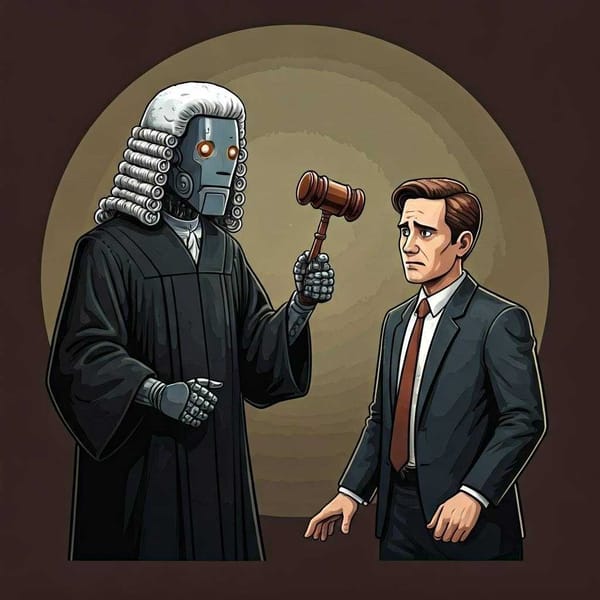Lula can reorient Brazil to Latin American integration
Simply put, Brazil is a country that is fundamentally conservative, unequal, and unfair. Amid a bitter struggle, the people triumphed in the most recent elections.

Simply put, Brazil is a country that is fundamentally conservative, unequal, and unfair. Amid a bitter struggle, the people triumphed in the most recent elections.


Legal experts at the XII International Congress on Teaching Law expressed concerns about AI's impact on jurisprudence. They fear algorithmic echo chambers, erosion of truth, and students outsourcing critical thinking to machines.

Mexico is leading Latin America in agroecology, shifting from chemical-intensive farming to sustainable practices. Through 4,500 "Field Schools," farmers learn techniques like reduced tillage, bio-inputs, and on-farm seed production.

Mexico's canoeing federation begins its 2025 campaign with national team selections for the Junior Pan American Games in Asunción. The event, held at the Virgilio Uribe track, will also identify senior team prospects.

Mexican food is evolving beyond familiar staples. High-end restaurants are earning Michelin stars with innovative tasting menus, while migrant chefs are revitalizing street food. The definition of "authenticity" is being debated, but the diverse and dynamic scene promises exciting new flavors.